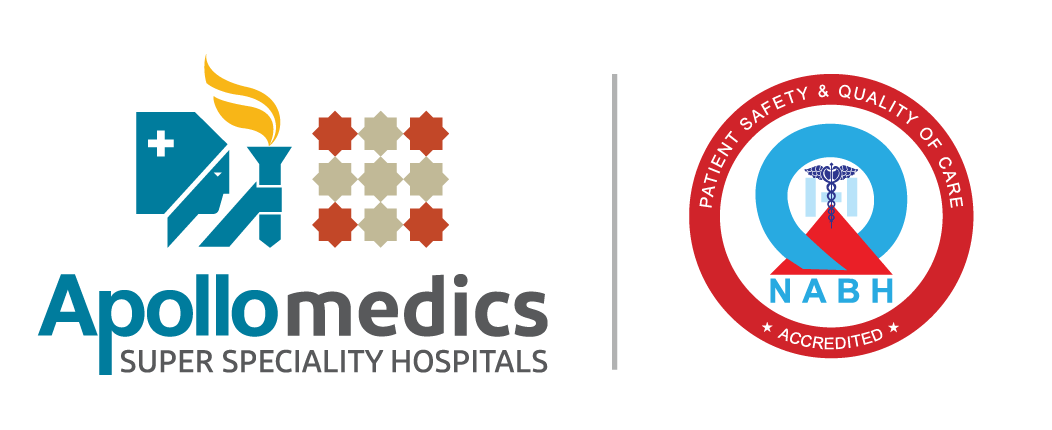Written by – Dr Sahana Nagraj (Associate Consultant, Psychiatry)
What is ADHD?
Attention deficit hyperactivity disorder (ADHD) is among the most prevalent neurodevelopmental disorders. It affects 5–8% of children and can last until adulthood. It can be identified by behaviour such as inattention, hyperactivity, and impulsivity.
What are the symptoms of ADHD?
Everyone has difficulty paying attention, sitting still or controlling impulsive behavior once in a while. It becomes a disorder only when it is so persistent and pervasive that it causes problems in school, in social situations, and at home.
Typically, symptoms of ADHD appear in early childhood. As it is common for toddlers to be overactive, diagnosis is made taking the developmental level of the child into consideration. Guidelines for diagnosis of ADHD specify that some features should be present before 12 years of age, in multiple settings and continuously for at least 6 months’ duration.
Based on the predominant problem, ADHD may be divided into the following sub-types:
Predominantly inattentive presentation
- Fails to give close attention to details or makes careless mistakes
- Has difficulty sustaining attention
- Does not appear to listen
- Struggles to follow through with instructions
- Has difficulty with organization
- Avoids or dislikes tasks requiring sustained mental effort
- Loses things
- Is easily distracted
- Is forgetful in daily activities
Predominantly hyperactive presentation
- Fidgets with hands or feet or squirms in chair
- Has difficulty remaining seated
- Runs about or climbs excessively in children; extreme restlessness in adults
- Difficulty engaging in activities quietly
- Acts as if driven by a motor; adults will often feel inside as if they are driven by a motor
- Talks excessively
- Blurts out answers before questions have been completed
- Difficulty waiting or taking turns
- Interrupts or intrudes upon others
Combined presentation
- Both inattention and hyperactivity symptoms present with neither predominating
What causes ADHD?
ADHD is a complex disorder that is a result of interaction between genetic and environmental factors that affects neurodevelopment. Although exact cause is yet to be determined, certain factors increase the risk of developing ADHD, such as:
- ADHD in the family
- Infections and exposure to toxins during pregnancy
- Preterm birth
- Low birth weight
- Exposure to heavy metals, pesticides in early childhood
- Brain injury
How is ADHD diagnosed?
There is no single test to diagnose ADHD. Detailed clinical information obtained from multiple sources such as primary caregivers, teachers and extended family members forms the basis of the diagnosis. Questionnaires are used to guide in the collection of this information. Different professionals such as Pediatricians, Neurologists, Psychiatrists, Psychologists can diagnose ADHD. Arriving at a diagnosis is a complex process as many conditions mimic ADHD and often other conditions co-occur with ADHD. Co-occurring problems commonly seen with ADHD are behavioral problems, substance abuse, learning disorders, anxiety, depression, tic disorders and sleep disorders.
What is the treatment of ADHD?
Treatment involves a combination of therapy and medical intervention. For preschool-age and younger children, it is recommended to include behavioral approaches in the form of parent management training, school interventions as the mainstay of treatment. If behavioral interventions are inadequate or symptoms are severe to begin with then medications are preferred. Stimulant medications such as Methylphenidate and non-stimulant medications such as Atomoxetine are commonly used in our setting. The goal of treatment is to improve the symptoms and restore functioning in school, home and other areas of life. Treatment not only brings down core symptoms of ADHD but also improves behavioral, emotional and social functioning.
Will ADHD symptoms improve over time?
Symptoms of ADHD definitely evolve with time. Hyperactivity may lessen over time but inattention symptoms such as distractibility and disorganization tend to last long. ADHD features at least in mild forms will persist in the majority of adults. Hence it is important to intervene early and not wait for the child to outgrow symptoms. There are many ways to manage symptoms and teach skills so that ADHD doesn’t impact daily life in a big way.
Conclusion:
In conclusion, living with ADHD comes with challenges but also unique strengths. Understanding ADHD, using effective strategies, and seeking support can lead to a fulfilling life. Remember, you’re not alone, and help is available. Embrace your journey, stay persistent, and know that managing ADHD is achievable. For comprehensive insights and expert guidance, schedule an appointment today to consult with our esteemed Psychiatrist at Apollomedics Hospitals Lucknow.
Doctor’s Profile



